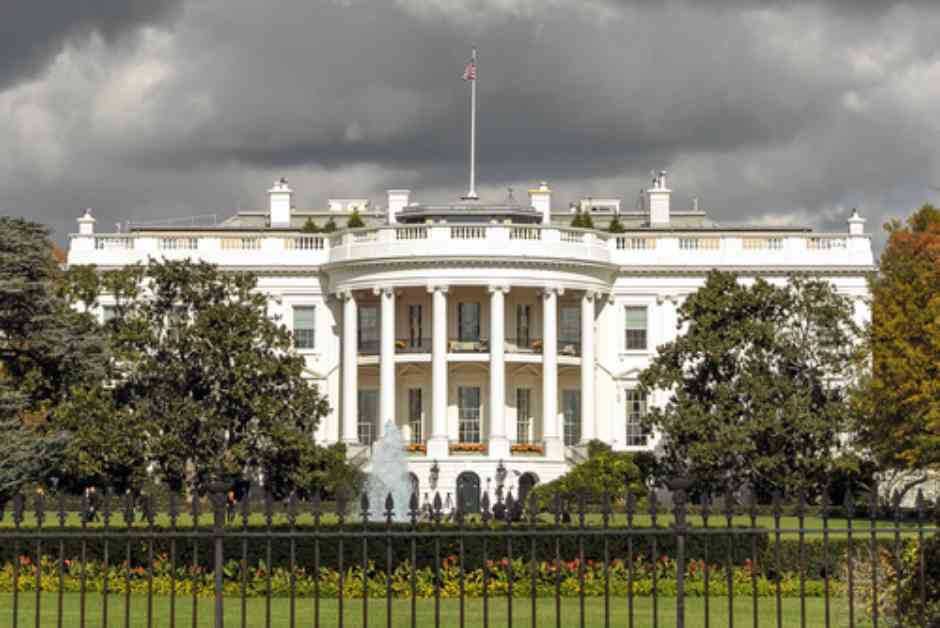President Donald Trump’s recent executive order on proposed regulations by independent agencies has sparked significant controversy and debate among legal scholars and policymakers. The order, issued on February 18, mandates that all agencies, including so-called independent agencies like the Federal Trade Commission, the Federal Communications Commission, and the Securities and Exchange Commission, must submit their proposed regulations to the White House for review. This move marks a significant shift in the traditional balance of power between the executive branch and independent agencies, raising concerns about potential overreach and political influence in regulatory decision-making.
The order, which excludes only the Federal Reserve from full compliance, grants the Office of Management and Budget the authority to adjust funding for agencies based on presidential priorities. Additionally, it stipulates that the interpretation of laws governing these agencies will be conducted by the president and the U.S. attorney general, further consolidating executive control over regulatory processes. This development has been met with mixed reactions from legal experts, with some praising it as a necessary step to ensure accountability and transparency, while others view it as a troubling erosion of the independence and autonomy of regulatory bodies.
Renowned legal scholar Peter M. Shane, a faculty member at the New York University School of Law, characterized Trump’s executive order as a “power move over independent agencies,” highlighting the historical significance of the role of these agencies in the American government’s structure. In an interview with the New York Times, Shane underscored the implications of this order in reshaping the relationship between the executive branch and regulatory agencies, warning of potential challenges to the checks and balances established by Congress.
The executive order, coupled with Trump’s recent dismissals of independent agency leaders, has been described by the New York Times as part of the president’s broader strategy to assert control over the government’s institutional framework and limit Congress’s constitutional authority. This aggressive approach to reshaping regulatory practices has raised concerns about the potential impact on the rule of law and the integrity of regulatory decision-making processes.
As the debate surrounding Trump’s executive order continues to unfold, it remains imperative for legal experts, policymakers, and the public to closely monitor its implementation and implications for the future of regulatory governance. The balance of power between the executive branch and independent agencies is a fundamental aspect of the American government’s structure, and any changes to this delicate equilibrium must be carefully scrutinized to safeguard the principles of accountability, transparency, and the rule of law.
In conclusion, Trump’s executive order on proposed regulations by independent agencies represents a significant departure from established norms and practices in regulatory governance, prompting a critical examination of its potential impact on the separation of powers and the integrity of regulatory decision-making. As the debate intensifies, it is crucial for all stakeholders to engage in a thoughtful dialogue about the implications of this order and its implications for the future of regulatory oversight in the United States.















